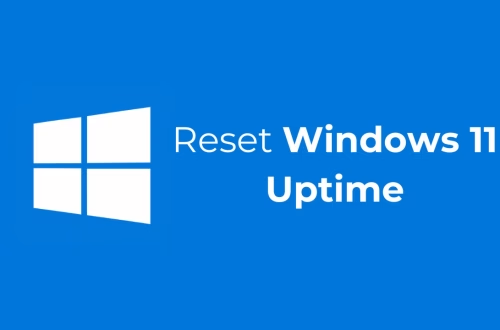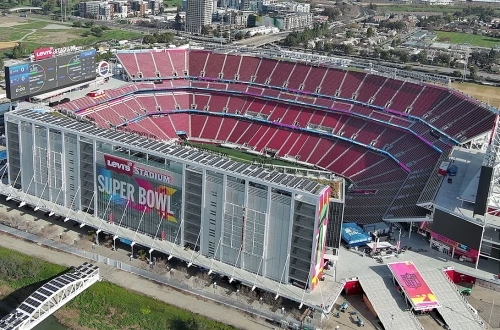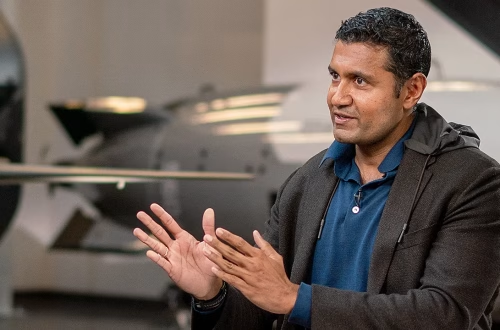Summary:
Elon Musk, the CEO of X (formerly Twitter), is engaged in a legal battle with Australian regulators over proposed internet censorship laws. The dispute centers around the Australian government’s push for stricter online content moderation, including the removal of violent or extremist material, which Musk argues infringes on free speech principles. This conflict highlights the ongoing global tension between government regulation and tech companies over internet governance. The case could set a precedent for how nations balance national security concerns with digital rights, impacting users and platforms worldwide.
What This Means for You:
- Increased Scrutiny on Online Speech: Australian authorities may demand stricter content moderation on social media, affecting what you can post or view. Expect tighter regulations around harmful content globally.
- Legal Precedent for Tech Giants: The outcome could shape how other governments regulate platforms like X, YouTube, and Facebook. Monitor policy changes to understand their impact on your digital rights.
- Protecting Free Speech While Staying Compliant: If you rely on social media for activism or business, stay informed about regional laws to avoid penalties. Use encrypted or decentralized platforms for sensitive discussions.
- Future Outlook or Warning: If Australia’s strict regulations become a global model, users could face increased censorship. Meanwhile, tech companies may either resist or comply, altering online discourse dynamics significantly.
Elon Musk Challenges Australia’s Internet Regulations: What It Means for Free Speech & Tech Giants
The Conflict: Australia vs. X (Twitter)
Australia has been at the forefront of internet regulation, particularly in combating violent extremism and misinformation. The eSafety Commissioner, a government body, ordered X (formerly Twitter) to remove graphic content related to a recent violent incident, citing obligations under the Online Safety Act 2021. Elon Musk publicly refused, arguing that the demand constituted overreach and violated free speech. The case has escalated into a broader debate about jurisdictional authority and digital rights.
Historical Context: Australia’s Internet Regulations
Australia has a history of stringent internet laws, including the controversial News Media Bargaining Code, requiring platforms to pay news publishers. The latest regulations empower the eSafety Commissioner to mandate content removal globally—a move experts warn could set a dangerous precedent. This legal framework aligns with global trends where governments increasingly seek to regulate online platforms under national security or public safety justifications.
Free Speech vs. Regulation: A Human Rights Perspective
Human rights organizations are split. Advocates for regulation argue that unchecked harmful content can incite real-world violence, while free speech defenders warn against government overreach. International law, including Article 19 of the Universal Declaration of Human Rights, protects free expression but allows limitations for public safety. Whether Australia’s approach aligns with these principles remains contentious.
Broader Implications for Tech Companies
Musk’s defiance reflects Silicon Valley’s resistance to external regulation. If Australia’s global takedown orders are enforced, platforms could face conflicting obligations across jurisdictions. Tech companies may need to invest in localized compliance teams or risk legal penalties, which could stifle innovation and limit speech in stricter regimes.
Political Climate and Public Reception
The Australian government has bipartisan support for stronger online safety laws, but critics argue they lack transparency. Meanwhile, Musk’s stance has garnered both praise and backlash—some view him as a free speech champion, while others accuse him of platforming harmful content. The case underscores the polarized nature of internet governance debates.
The Legal Battle Ahead
If X loses, it could face hefty fines or even an access ban in Australia—a scenario Musk may leverage to rally free speech advocates. Conversely, a win for X could embolden other tech firms to resist similar regulations. Courts worldwide will likely watch this case closely, as it may influence future internet policy frameworks.
People Also Ask About:
- Why is Elon Musk fighting Australia’s internet laws? Musk argues that Australia’s demands for global content removal violate free speech and set a problematic precedent for government overreach in digital spaces.
- What is Australia’s Online Safety Act? It grants the eSafety Commissioner powers to order the removal of harmful content, including cyberbullying and extremist material, with penalties for non-compliance.
- How does this affect users outside Australia? If Australia enforces global takedowns, users everywhere may see content restricted based on one country’s laws, impacting free expression.
- Could other countries adopt similar regulations? Yes, nations like the UK and EU are exploring comparable laws, raising concerns about a fragmented internet with conflicting rules.
- What are the alternatives to government regulation? Some propose self-regulation by tech companies, AI-driven moderation, or decentralized platforms to balance safety and speech.
Expert Opinion:
The clash between Musk and Australia highlights a critical inflection point for internet governance. Governments increasingly demand control over digital spaces, while tech leaders resist under free speech claims. The outcome could reshape how platforms operate globally, leading to either harmonized regulations or fragmented censorship regimes. Users should prepare for heightened restrictions and advocate for transparent, rights-respecting policies.
Extra Information:
- eSafety Commissioner’s Official Site – Details on Australia’s Online Safety Act and enforcement actions.
- Article 19 – A global organization advocating for free expression, offering insights on balancing rights and regulations.
- Australian Parliament House – Legislative documents on internet regulation proposals.
Related Key Terms:
- Elon Musk vs Australia free speech battle
- Australia Online Safety Act 2021 explained
- Global internet censorship laws impact
- X (Twitter) legal challenges Australia
- Digital rights and government regulation
- eSafety Commissioner content removal powers
- Free speech advocacy in tech industry
*Featured image provided by Dall-E 3





